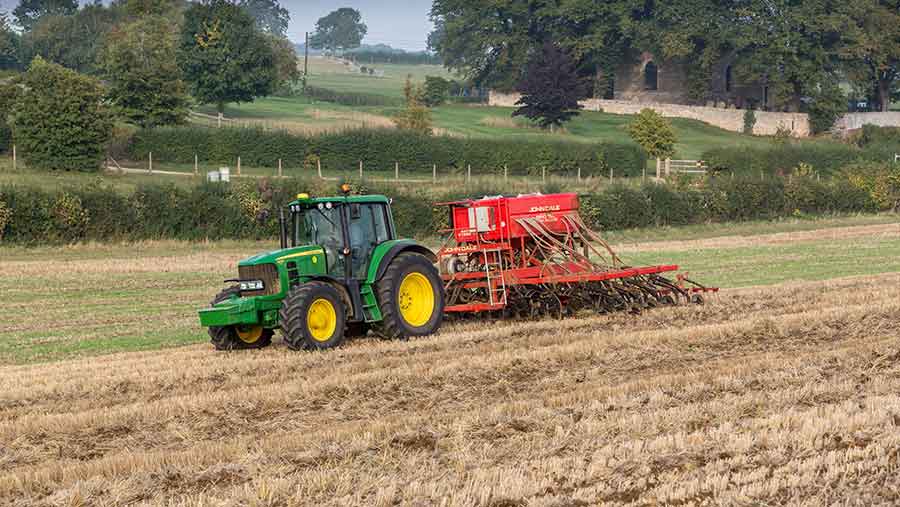Financial advice on budgets and contracts prior to Brexit
 © Tim Scrivener
© Tim Scrivener Lawyers and consultants are advising farmers to review their budgets and contracts to deal with the uncertainty over support payments and rural development schemes following the EU referendum.
Farmers are likely to continue to receive BPS payments while the UK remains a member of the EU – probably until at least 2018.
But Natural England has said that Countryside Stewardship grants are under review. In the meantime, no new grants are being approved.
CAP payments
The key priority now is to review business budgets to factor in a possible removal or reduction in farm support and environmental schemes, said Gary Markham, director of farms and estates at Churchgate Accountants.
“We are advising clients to rehearse their business results without support, most are losing a substantial amount of money [without BPS], so it is a sobering thought.”
See also: Markets will be driven by weather regardless of Brexit
The next two years of UK-EU negotiations are a chance to restructure such businesses, said Mr Markham and for the bottom performing 25% this offered an opportunity to reduce costs by sharing resources such as staff and machinery.
In the current economic climate, minimising losses rather than maximizing profits, should be the chief focus.
Simon Haley, rural business advisor at Reading Agricultural Consultants advises farmers to communicate with their banks.
“Build sensitivity analysis into budgets and forecasts, and demonstrate to the bank how such swings in sales and subsidy/grant receipts will impact on profitability, and more importantly cashflow.”
Entitlements
Uncertainty over BPS is making it hard to value entitlements and write relevant clauses into Farm Business Tenancies (FBTs), according to advisers, as there could be no entitlements to transfer back to landlords at the end of a tenancy.
“We are amending entitlement clauses and building in the possibility that they will go and that any new support scheme may not be entitlement-based,” said Julie Robinson, partner at Roythornes solicitors.
“Landlords will want definitions to be drawn widely enough to ensure that the value of any payment right accrues to the holding rather than to the tenant.”
Contracts
Contract farming or share farming agreements also needed to allow for changes to support payments, said Ms Robinson.
“For example, [they may] want to have the option to break early if there are dramatic changes in direct payments or environmental schemes.
In the current economic climate, minimising losses rather than maximizing profits, should be the chief focus Gary Markham
“I think we may see a preference on the part of landowners for shorter agreements until there is more certainty about future support schemes.”
Contractors’ fixed costs would still be what they were regardless of BPS payments, said Mr Markham.
Landowners should therefore use the next two years to review their business costs and look at options such as letting land out and consider whether it made financial sense to crop all areas.
Those entered into farming agreements should also review their contracts for EU legislation and negotiate changes if needed, advises Clive Phillips, head of land and rural business at Brodies solicitors.
One such example is the requirement to maintain land in accordance with Good Agricultural and Environmental Condition (GAEC), which has crept from its original use in SFP and BPS schemes into many contract farming agreements and tenancies.
If such EU legislation no longer applied in the UK, disputes could be left open to interpretation by courts and arbitrators.
Rent reviews should operate the way they always have, said George Dunn, chief executive at the Tenant Farmers Association.
If farm support is reduced, this should be taken into account when determining the productive capacity of the holding, in the case of an Agricultural Holdings Act Tenancy, and looking ahead three years for an FBT.
Any rent review formula linked to BPS payments should be checked to ensure it is workable if payments are removed.
